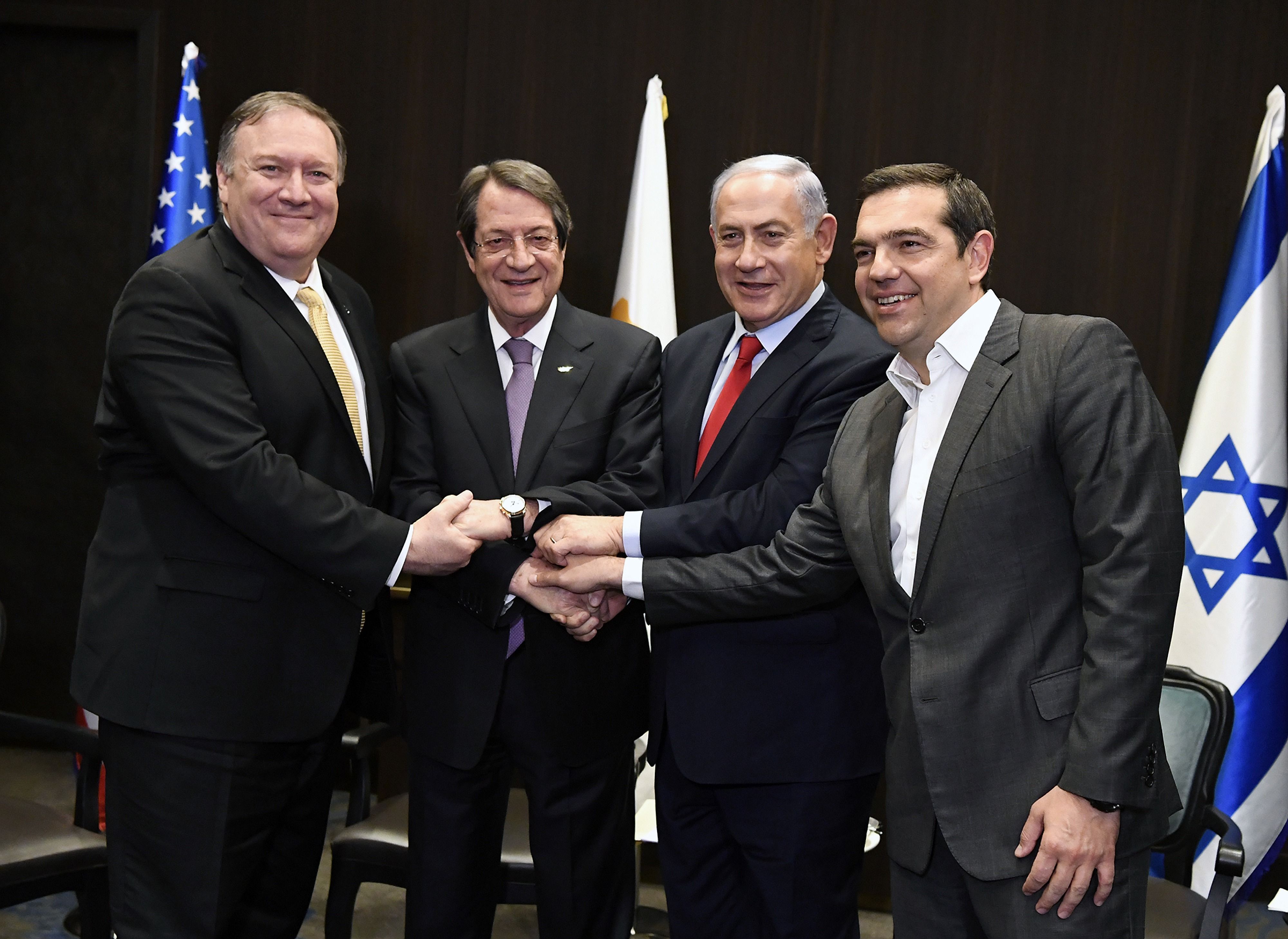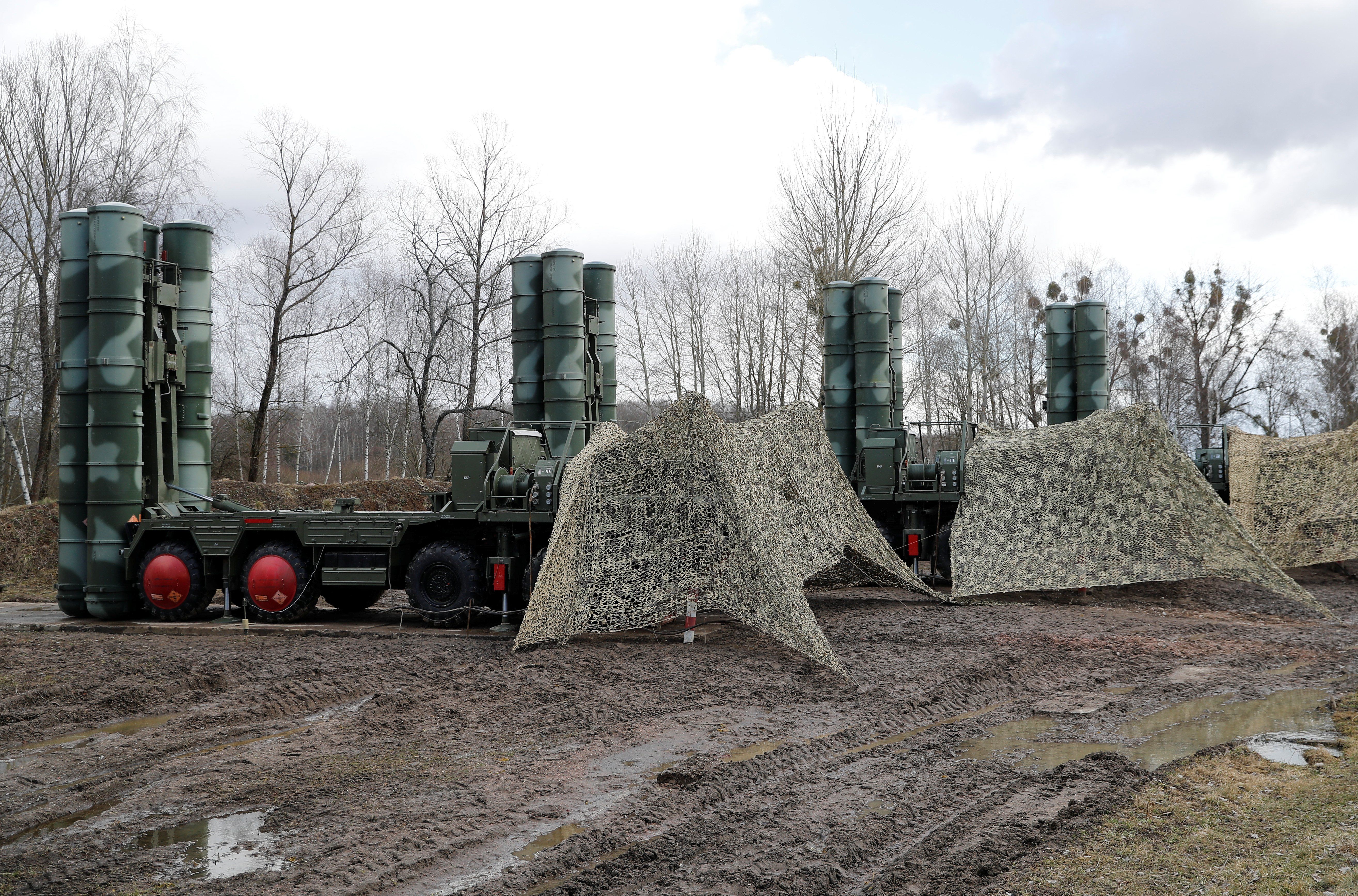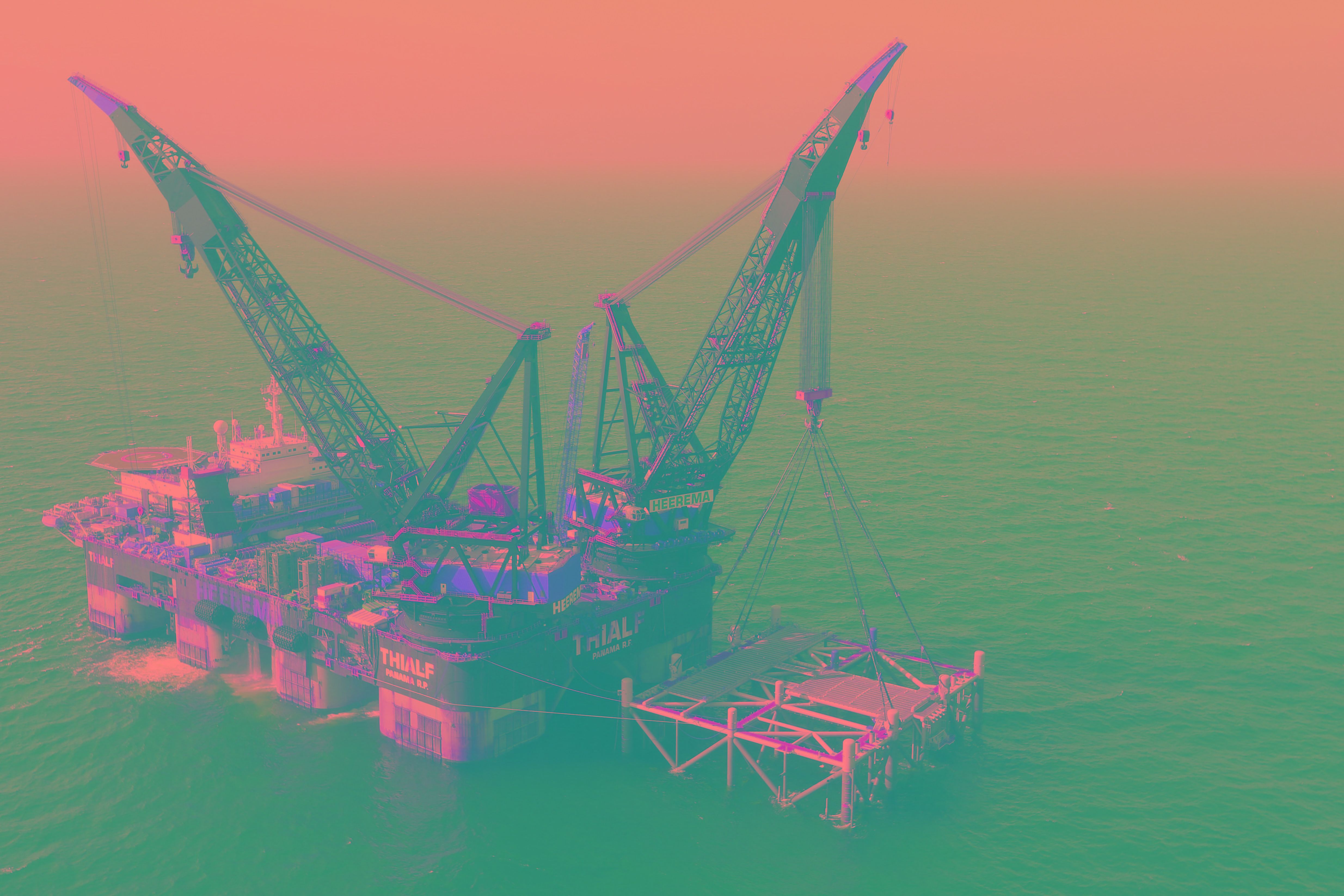United States Policy towards the Eastern Mediterranean

U.S. Policy in the Region
The country’s policy towards the Eastern Mediterranean has lacked a coherent approach in recent years. Relations with regional allies in NATO (especially with Turkey), involvement in Syria, and relations with Israel and Egypt were treated separately. As a result, U.S. policy was not adapted to effectively implement the strategic goals set by the Trump administration, specifically, strengthening military dominance and achieving economic prosperity. To create the basis for a coherent strategy towards the region, Congress adopted the Eastern Mediterranean Security and Energy Partnership Act in December 2019. In it, attention was drawn to the disputes between Greece and Cyprus with Turkey. Accordingly, the Secretary of State was obliged to submit to Congress reports on violations of Greece’s airspace by Turkey and the involvement of countries in drilling in the territorial waters of Cyprus. The bill was introduced in Congress in April 2019, a month after Secretary of State Mike Pompeo took part in the trilateral summit of Cyprus, Greece, and Israel. In the following months, the administration undertook actions consistent with the policy direction promoted in the bill.
In the context of the U.S. perception of global competition, Russia’s and China’s involvement in the region is significant to the American approach. Russia is the main energy partner for some countries in the region, so the U.S. is trying to weaken its position by promoting American companies as mining operators and suppliers of energy resources. Meanwhile, China is increasing its influence through investments in port infrastructure in Eastern Mediterranean countries, seeking to develop a sea route under the Belt and Road Initiative. Access to the Mediterranean Sea by Russia (in Tartus) and Iran (in Latakia) through agreements with Syria were additional factors conditioning the American policy.
An obstacle for the U.S. is the deterioration in relations with Turkey resulting from growing Russian-Turkish cooperation. Until recently, this mainly concerned energy and the economy, but in 2019, Turkey bought Russian S-400 air-defence systems, which caused the U.S. to exclude Turkey from the F-35 fighter programme and block the delivery of fighters Turkey may already have purchased. In December 2019, in response to Turkey’s operation in Syria, the U.S. suspended intelligence cooperation with Turkey.
Security Cooperation
The U.S. is strengthening cooperation in the area of security with Greece, Cyprus, and Israel. In October 2019, they concluded a new defence cooperation agreement with Greece, which will strengthen the capabilities of the U.S. and NATO forces in the region. It envisages the expansion of the Souda Bay naval base in Crete, the only port in the Mediterranean capable of basing U.S. aircraft carriers. In turn, new naval and aviation bases will be built in Alexandroupolis, which will enable supplying Bulgaria and Romania, bypassing the sea route through the Turkish straits. In addition, a drone base and helicopter training facilities will be built in Greece. Congress in December 2019 granted $3 million to Greece for research and development in the defence sector for fiscal year 2020 and $4.6 million for military training in 2020–2022. Cooperation with the U.S. also includes the modernisation of the Greek armed forces, including modernisation of 84 out of 154 F-16 fighters owned by Greece to the latest variant “Block 70” (F-16V). In addition, a plan to purchase 24 F-35 fighters was announced in February. Greece is also considering acquiring U.S. drones to improve its reconnaissance capabilities.
Also in December last year, Congress lifted the ban on selling American weapons to Cyprus (the embargo was introduced in 1987). Like Greece, Cyprus will receive $1.45 million from the U.S. in 2020–2022 for military training.
Israel has been receiving military aid from the U.S. since the beginning of its statehood and in 2019–2028 it will receive a total of $38 billion. The U.S. is involved in the production of missile defence systems developed by Israel—Iron Dome, David’s Slingshot, and the family of Arrow systems. Israel participates in the construction of the F-35 fighter jet and is also a recipient—of the two squadrons ordered (50 fighters by 2024), several of them have already been delivered. Israel is also planning to acquire additional F-15 fighters (it has 83 variants of these planes).
Involvement in the Regional Energy Sector
Seeking to strengthen its economy, the U.S. is engaged in regional energy projects. The U.S. supports cooperation between Cyprus, Greece and Israel—the “Hellenic Triangle”. During a joint summit with the U.S. in August 2019, they decided to create a high-level working group for cooperation on energy projects and infrastructure security. In turn, Congress authorised the administration to establish a U.S. energy cooperation centre with the “Hellenic Triangle”. In January, the triangle’s energy ministers signed an agreement on the construction of the EastMed gas pipeline, which is to supply gas from the Israeli Leviathan and Cypriot Aphrodite fields to Greece and Italy (the main operator of mining both fields is the Texan company Noble Energy). The agreement does not, however, predetermine the construction of the gas pipeline—by 2022, the states are to declare the level of financing and completion of the project is scheduled for 2025. The U.S. is also interested in using Greek terminals near Athens and Alexandroupolis to transport LNG to the Balkans. These signals serve as a response to a Russian-Turkish gas pipeline (TurkStream) extension plan that will cross the territory of Bulgaria, Serbia, and Hungary to a hub in Austria and to plans to transfer gas from TurkStream to Italy through Greece and Albania via the trans-Adriatic pipeline—its launch is planned for 2020. In December 2019, the U.S. Congress applied sanctions on TurkStream. In this way, the U.S. aims to reduce the dependence of EU countries on energy resources from Russia. In addition, Congress in December adopted the European Energy Security and Diversification Act, which awarded $1 billion for projects increasing the energy security of European countries, such as the construction of LNG terminals as an alternative source of gas to TurkStream.
Conclusions and Perspectives
The U.S. is seeking to deepen cooperation with the countries of the region to counteract the influence of Russia, China, Iran, and Turkey. Strengthened security cooperation with Hellenic Triangle states and the growing involvement of the U.S. in the region indicate that they perceive the Eastern Mediterranean as an area of global competition with Russia and China. They also suggest that the U.S. is trying to create a regional security complex under which countries cooperating with the superpower will have a similar perception of threats from Russia and China, and in the case of deepening problems in bilateral relations, also from Turkey. Bilateral relations with this last country are not improving and the administration’s uncertainty about them is now particularly evident when considering the possibilities of support for Turkey after the Idlib incident, where 36 Turkish soldiers were killed as a result of a Russian airstrike. At the same time, members of Congress from both parties remain sceptical about further cooperation with Turkey and progressive Democrats seeking the party’s nomination in the presidential election speak directly about limiting it. Such a course of events would further complicate NATO’s situation with Turkey and could undermine the political unity of the Alliance.
As a result, in the coming years, the region will be increasingly important in American foreign and security policy. The U.S. may now urge the NATO allies to increase their participation in controlling maritime and air space in the Eastern Mediterranean, and this may intensify with increasing competition from Russia and China.
In the energy sector, the U.S. will support regional projects through involvement in investments and other means. This is manifested, for example, by the inclusion of American companies in the construction of the EastMed gas pipeline (which would increase the chances of completing the investment) or the construction of LNG infrastructure. At the same time, the U.S. involvement is consistent with actions undertaken by EU countries in the area of diversifying energy sources on the European market and reducing the Russian share. This is an area for coherent policy with the EU, which can be a step towards improving transatlantic relations.




